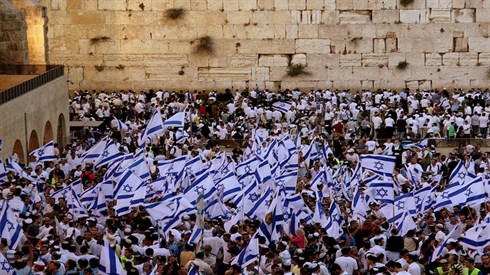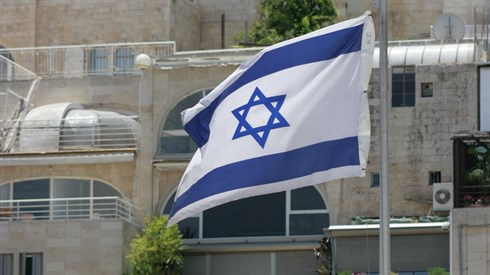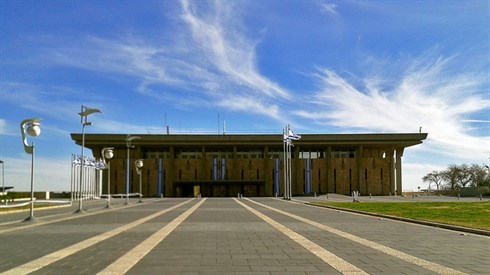323
Question
If you know that food was cooked improperly or served improperly, specifically, if an oven was TURNED ON on Yom Tov by a Jew, or if food was ready before shabbos but left in an oven and in order to serve the food the oven light went on, can you derive benefit from the food being eaten? Should one eat anyway because of Shalom Bayis? How strict is this prohibition?
Follow up question, should you avoid reading under a light that was turned on by a Jew on Shabbos?
Answer
Each of these cases are somewhat different because of unique features of these halachos. In general, one may not benefit from work performed by a Jew on Shabbos or Yom Tov. However, igniting a fire or light on Yom Tov is an unusual halacha where benefit after-the fact is permitted. I would similarly permit the second case for a different reason- the turning of the light was indirect (aino miskavein) and without any benefit – and moreso, the benefit of eating the food was not a result of the light going on.
In general Shalom Bayis in the way the term is usually used today does not permit violating prohibitions, but does allow one to rely on the more lenient interpretation.
Follow up question, should you avoid reading under a light that was turned on by a Jew on Shabbos?
This is prohibited for the reason mentioned above- one may not benefit from work performed by a jew on Shabbos. As a matter of fact, one may also not benefit from work performed by a non-Jew for a Jew. I have articles on the latter subject I can send you if you would like.

Omer Days I can shave/cut hair
Rabbi David Sperling | Iyyar 2, 5774

Omer Days I can shave/cut hair
Rabbi David Sperling | Iyyar 2, 5774

Zimun and Women
Rabbi Yoel Lieberman | Adar 22, 5772

Sefira observance on Yom Haatzmaut
Rabbi Chaim Tabasky | 7 Iyyar 5766

Which Prophets did Israel kill?
Rabbi Ari Shvat | Adar 25, 5785

Havara- Sefaradic or Ashkenazic Pronunciation
Rabbi Ari Shvat | Nisan 17, 5785

Follow up to "outdated Mitzvot", Sanhedrin, morality etc.
Rabbi Ari Shvat | Nisan 18, 5785




